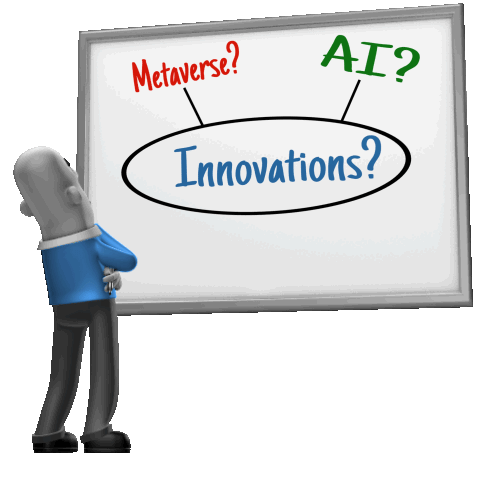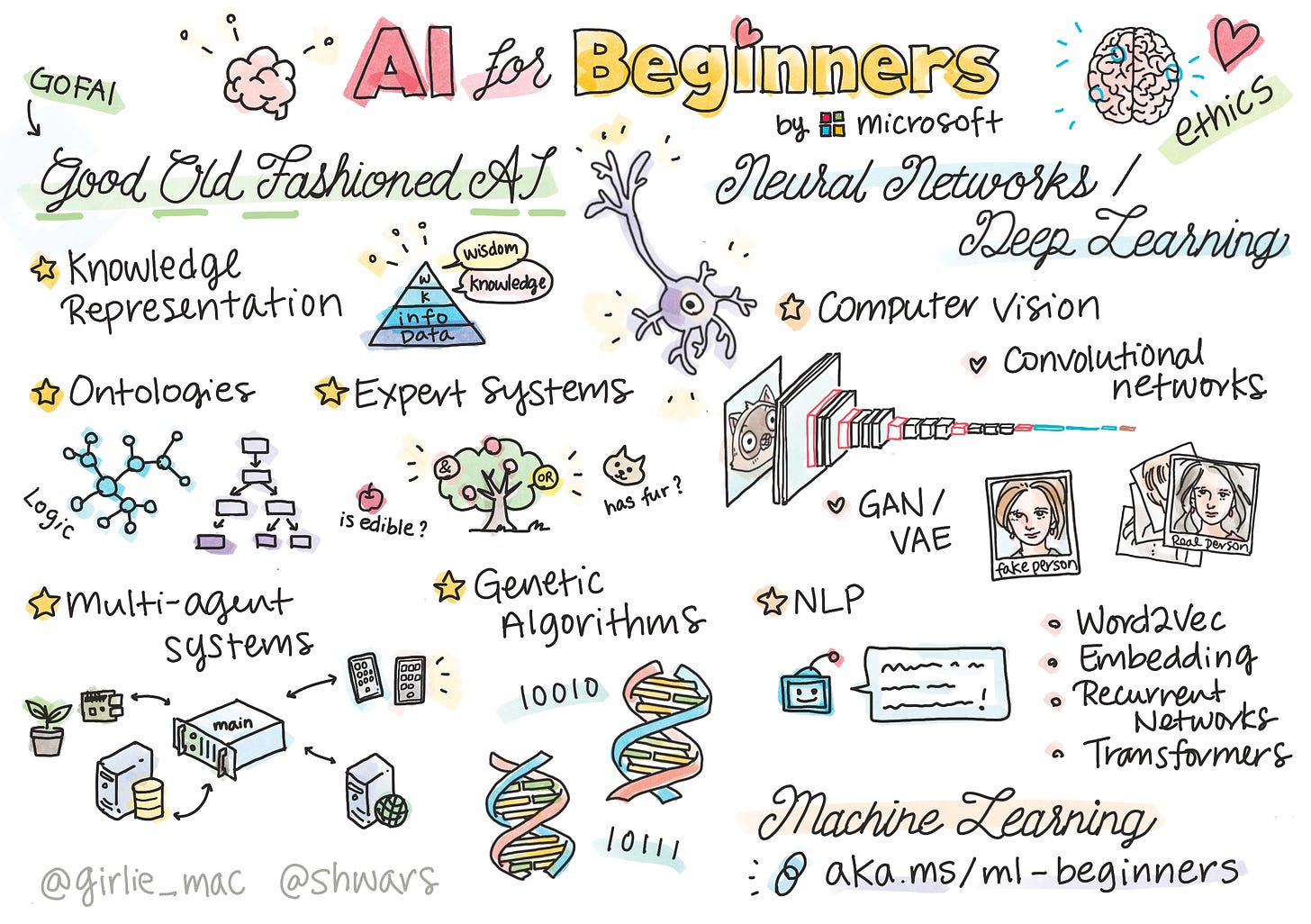Is Metaverse Fading in AI World?
Until recently, “Metaverse” was one of the phrases that kept popping up when discussing innovations in the learning and development space. Organizations bought tens of thousands of VR headsets to experiment and explore how the evolving “Metaverse” might radically impact how employees collaborate, learn and perform.
There was intriguing results from the learning field about this potential - with feedback that seemed to predict a “Metaverse 2.0” might be more Augmented Reality, as many in the workforce did not want to wear wrap around goggles for the experience.
When Facebook changed their corporate name to “Meta” - a warning bell went off in my brain. Did corporations want to pursue a technology that had a brand similar to the social media giant?
Fast forward to June 2023! The phrase “Metaverse” has been significantly less articulated at business and learning conferences and conversations.
The “hot phrase” is now AI, especially Generative AI like OpenAI’s ChatGPT, Microsoft’s Co-Pilot in Bing, Bard from Amazon and other tech platforms and apps. Here is a mind-map from Microsoft’s internal course on preparing for AI:
When I was in Germany to give a keynote at the LearnTec event last week, the trade show of learning and development vendors was filled with marketing signs on almost every booth that shouted “AI” as the coming set of features. The number of “Metaverse” signs were smaller and fewer. So, what is happening?
AI is Overshadowing Metaverse?
The world of Virtual and Augmented Reality is not going away. We will increasingly see situations where employees will have amazing and powerful experiences using VR/AR to learn how to operate machinery, practice procedures and engage in low-risk simulations where it is cool to “fail safely”.
But, we will start to see the VR/AR world that we called “Metaverse” become part of the spectrum of outputs that AI enriched tools can use to provide results to users. For example, one could give an AI tool this prompt:
What are the best ways of changing a tire on a truck?
The output from a Generative AI engine could be:
A step by step list of procedures
A graphic created by the AI to demonstrate the procedures
A structured Workflow Support model to do each step interactively
A movie created by the AI engine to show the process
An audio output in the earpiece of a user to go step by step
OR, A VR/AR (ala Metaverse) simulation to use googles to interact with a virtual truck needing a tire change
And, more and more of the content of a VR/AR segment may be created using a combination of AI output and the talents of a good designer. Personalization may follow, to provide each employee with the content and context to optimize each person’s learning process.
AI May Extend and Absorb Metaverse Approaches?
I now see the evolving world of Metaverse approaches blended and enhanced by AI. It will become one of the output and interactive choices for a user or a learning designer. AI tools can extend the Metaverse world as part of the spectrum of experiences to be accessible to the user.
This is just Elliott’s June 2023 bet. But, watch the space to see these shifts and evolutions in the coming year.
Note: Our AI & Learning LAB has a few spaces open for June 27 and 28 in Saratoga Springs, NY - Info at http://www.masie.com
Yours in Learning,
Elliott Masie
MASIE Learning Foundation
MASIE Productions
www.masie.com
emasie@masie.com





Interesting insights from your presentation at LearnTec. The vendor fair is often revealing of where the market is going. I envision an interesting merge of the Metaverse and Gen-AI for things like engaging simulations that create dialogue on the fly. Then, Gen-AI will have a lot of non-metaverse applications as you outline. Thanks Elliott.